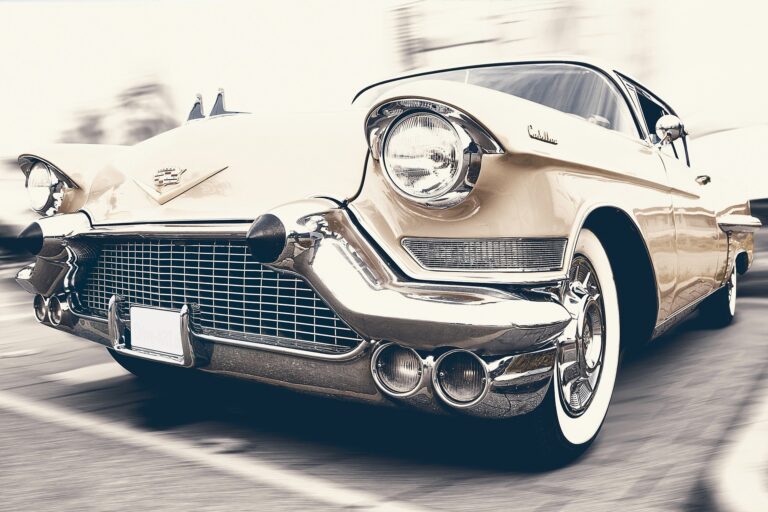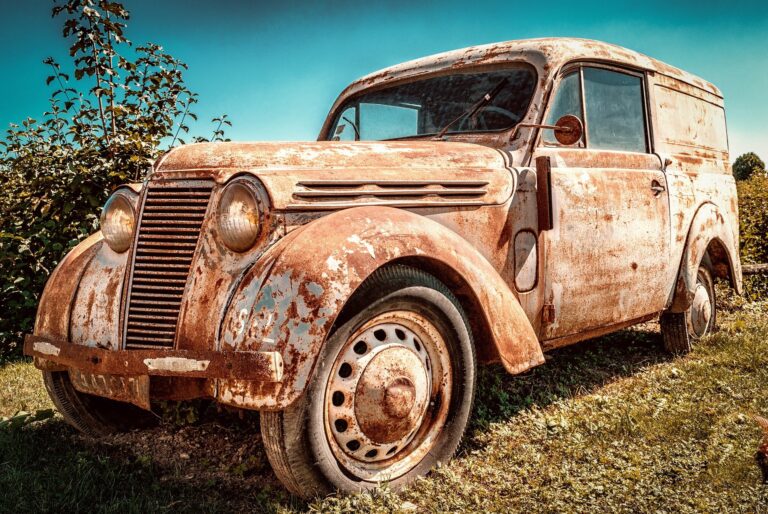Over the years, I’ve had the pleasure of working with clients who have a passion for restoring old cars, especially classic ones. The question that often comes up is, “How do I leave my car to my family after I die?” These classic cars from the 1940s, 1950s, 1960s, and 1970s are more than just vehicles; they’re cherished family treasures. While my personal interests don’t include restoring cars (I’m more of a regular car kind of person), I understand the sentimental value these vehicles hold. Most of us might not have classic cars, but we do want to ensure our cars find the right home when we’re no longer around.
Sometimes, the desire is to pass down a car to a grandchild as their first vehicle. In other cases, selling the car or gifting it to a child in need makes sense. Regardless of the recipient, the process of transferring car ownership involves a few methods: using a will, a trust, a transfer on death beneficiary form, or opting for joint titling. The choice ultimately rests with you, as all these options achieve the goal of transferring ownership upon your passing.
Using a Will: How to Leave Your Car to Your Family in a Will
For those who opt for a will as their primary estate planning tool, designating the recipient of your car is straightforward. You can specify the car as a specific gift or include it in a general gift of all your property. The process involves submitting your will to the probate court, where your personal representative obtains legal permission for the transfer, usually in the form of “Letters Testamentary” or “Letters of Administration.” If your estate is relatively small, a “Small Case Affidavit” simplifies the process without requiring a full probate proceeding. Texas offers the necessary forms online, making it accessible and convenient.
 Using a Trust: You Can Leave Your Car to Your Family in A Trust
Using a Trust: You Can Leave Your Car to Your Family in A Trust
Trusts are often employed to avoid probate, but re-titling cars in the name of the trust can pose challenges due to insurance, titling, and loan complications. Collector cars might find a place within a trust, but for regular cars, leaving them outside the trust is more practical. If you have a trust, the car can be transferred to it or to a different named beneficiary using the small case affidavit mentioned earlier. If the car’s value is under $70,000 and other property is in the trust, the small case affidavit is a suitable probate option.
In both wills and trusts, a tangible personal property memorandum can specify who should receive the car. This memorandum simplifies the process, allowing the car to be transferred to the intended recipient without needing to be specifically included as trust property.
Use a Transfer of Title Upon Death Designated Beneficiary Form to Leave Your Car to Your Family After You Die
Under Texas law, a Transfer of Title Upon Death Designated Beneficiary Form provides a simple method for transferring ownership. The form, offered by the Texas Department of Motor Vehicles (DMV), requires you to specify the car’s recipient and inform them where to find the form after your passing. Once you’ve passed away, the form can be taken to the DMV to transfer ownership to the designated beneficiary.
Jointly Title to the Car Now to Leave Your Car to Your Family After You Die
Another option is jointly titling the car by adding the name of another person as a joint owner. Titled as Joint Tenants With Right of Survivorship (JTWROS), the car’s ownership automatically transfers to the remaining survivor if one person passes away. However, this approach has considerations, including potential claims against any owner of the car and impacts on insurance.
How You Transfer Ownership of a Car is Only One Part of Your Estate Plan
Of course, the method you choose to transfer ownership of your car is just one piece of your overall estate plan. You likely have more assets, such as a house, clothes, jewelry, or monetary assets, that also need consideration. When it comes to leaving your car or other assets to your loved ones, it’s essential to consult with an experienced estate planning attorney to ensure your plan works seamlessly as a whole. If you’d like to discuss your estate plan with a friendly professional, you can make an appointment by clicking below.
The post How Do I Leave My Car to My Family After I Die appeared first on Paul Hardy Law, LLC.


